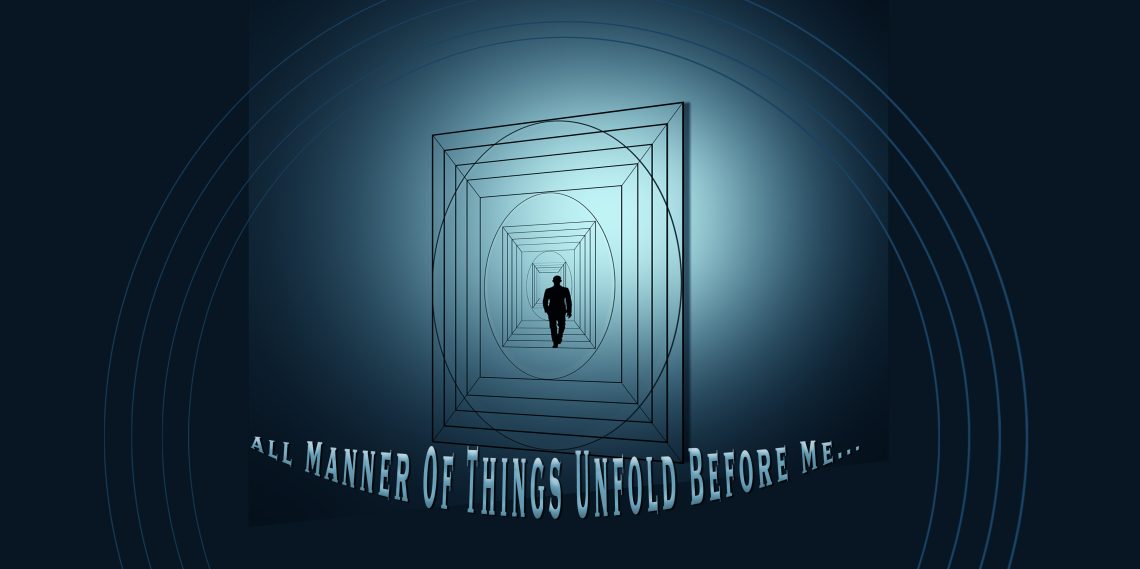Competition
O points out that the Latin root for ‘competition’ is com + petere, meaning ‘seek together’. Of course this is just the opposite of how we see it in our modern world. For us, it is more like adversarial self-interest. The word has come a long way. It’s a paradox. What if we took the ancient and modern meanings and melded the two into one, shared understanding? It might be a portal into deeper awareness?
It makes me recall an event from high school. I was an athlete then. I ran track—various sprint races and high hurdles. At one particular meet, I was slated to run the last leg of an 880-yard relay against the fastest sprinter in the country at that time. His name was Charlie Greene. He went on to break the world record for the hundred-meter dash in 1968.
I knew well Charlie Greene’s reputation and had already witnessed his blistering speed in the hundred-yard dash earlier that day. I stood next to him on the track, in the hand-off zone, fidgeting. I was getting very nervous as we watched the runners round the curve. My team had been leading for the first two legs of the race, and I imagined the humiliating task of taking the baton before Greene and then seeing him flash past me from behind.
As it unfolded, my teammate lost the front position at that moment. When the runners turned the corner toward us, my team was in second place. This was the only time in my track career when I actually wanted to be second. Greene and I switched lanes accordingly, and leaned forward with our open hands thrust back to receive the batons. This meant he would start out ahead, and I would be spared. The runners rushed upon us.
We charged out of the exchange zone onto the final leg of the race, the hollow rods firmly clenched in our fists. It can be lonely out there on the track, with wind whistling in your ears. You’re in your own little world, far from the spectators or coaches. The thud and crunch of footfalls on cinders, sound loud. In a few strides we were at full speed.
I personally was not a slow runner. I had won many races in my time, and I was prepared to give this one my best. I knew from the start, however, that Greene was far faster than me. His speed was astounding.
I started close on his heals, cinders from his shoes spattering up in my face. But slowly, relentlessly, he moved away—two yards, three yards, five, ten. I was running as fast as I could, maybe the fastest I ever ran. Yet he kept increasing the gap between us. The silence rose up around me as he hurtled away. I might as well have been standing still. It was a zone of a different sort suddenly. It made me begin to wonder. I became an observer of myself, and the whole scene.
There I was; there we were—Greene and I and all the other runners on the track. We were participating in this one event, as one assembly, united in a common purpose. It became suddenly apparent that my loss in the race was playing an important role. In fact, it was destined. Someone would win; others would lose; and all of us together were making the whole experience happen. We were seeking together.
As Charlie Greene crossed the finish line and I was chasing down the final stretch behind him, I was with him. We were sharing in a common victory, a common defeat and a common space. The competition was not pulling us apart, as some might perceive. For those with eyes to see, it was pulling us together, into a new expression of who we collectively were. The tension of separation was just a way of initiating the compression of our union. As all the other runners trailed in panting, each breathed the same air, shared the same finish line, created the culmination of our unified performance.
To relate this back to the Letters, I see that we do have the means of moving out of our modern concept of competition, out of ego domination. The path comes right out of the ego experience itself. “That which stands in the way is the way.” The separative competition was what most observers saw in that track meet. But coexisting alongside it, at a subtler level, was the opening for a unified perspective. This can be applied to any ego event, I’m beginning to see. Ego is just the placeholder for a deeper appreciation of self and the individuality archetype. This is also a way of comprehending the merger of all light and dark aspects of our being. Light does not have to vanquish darkness. It cannot, in any case. We only have to allow it to carry us through to the full realization of wholeness.
R. Potter
